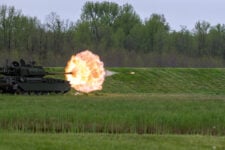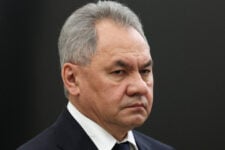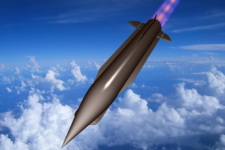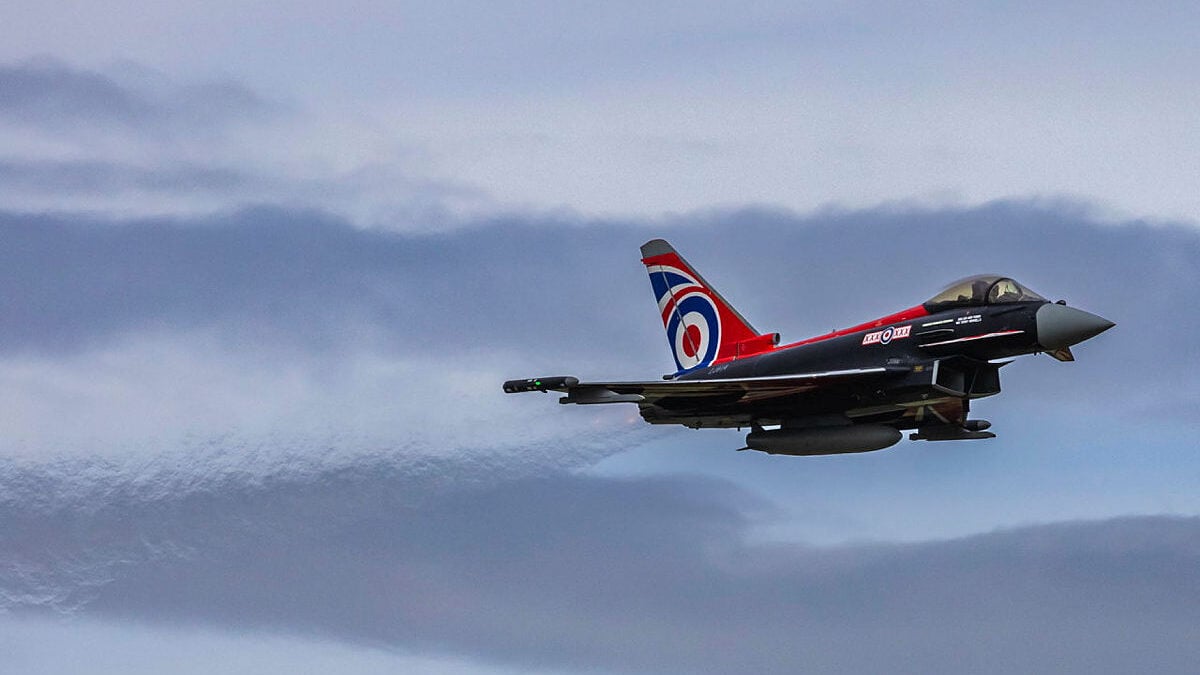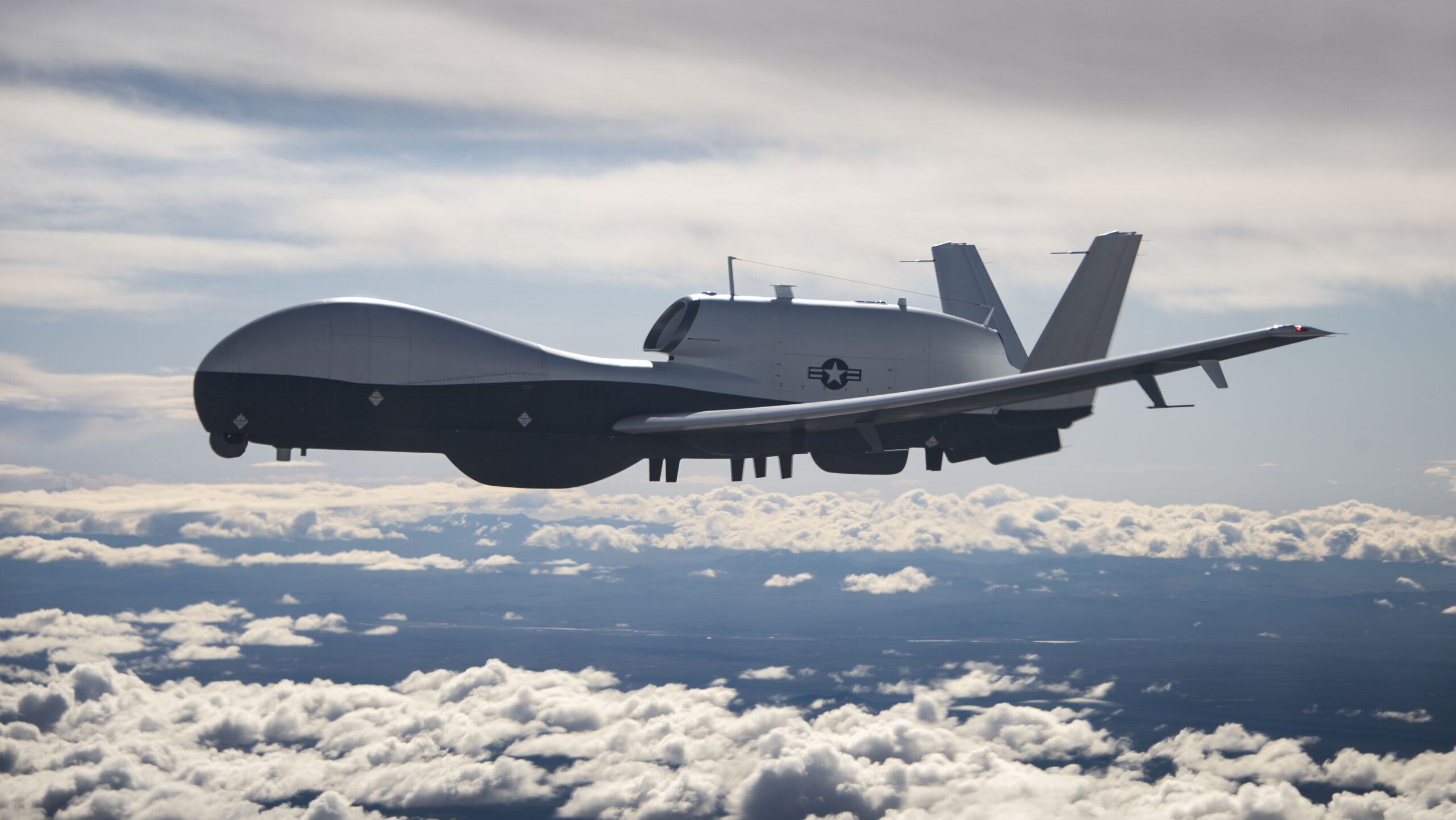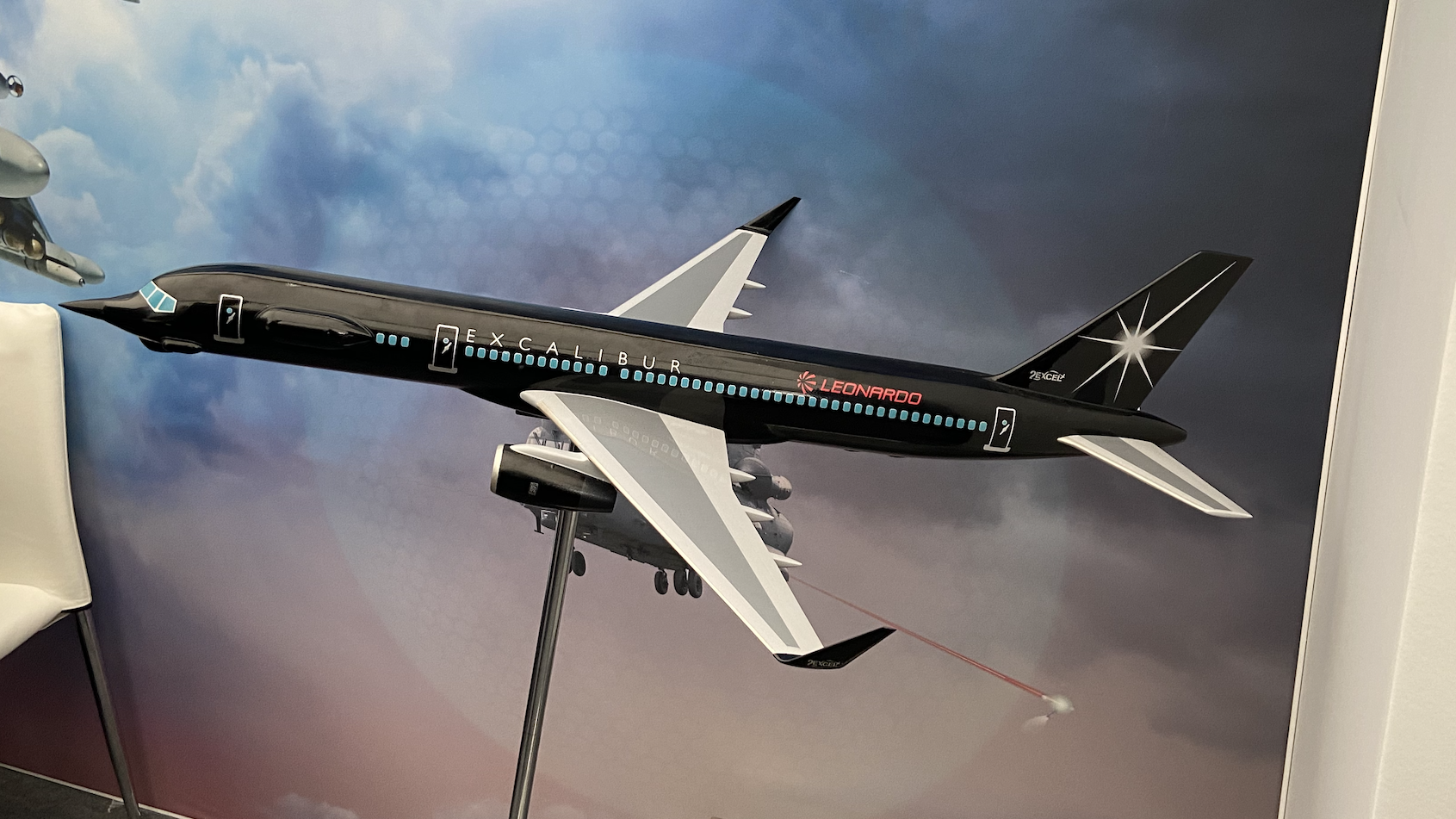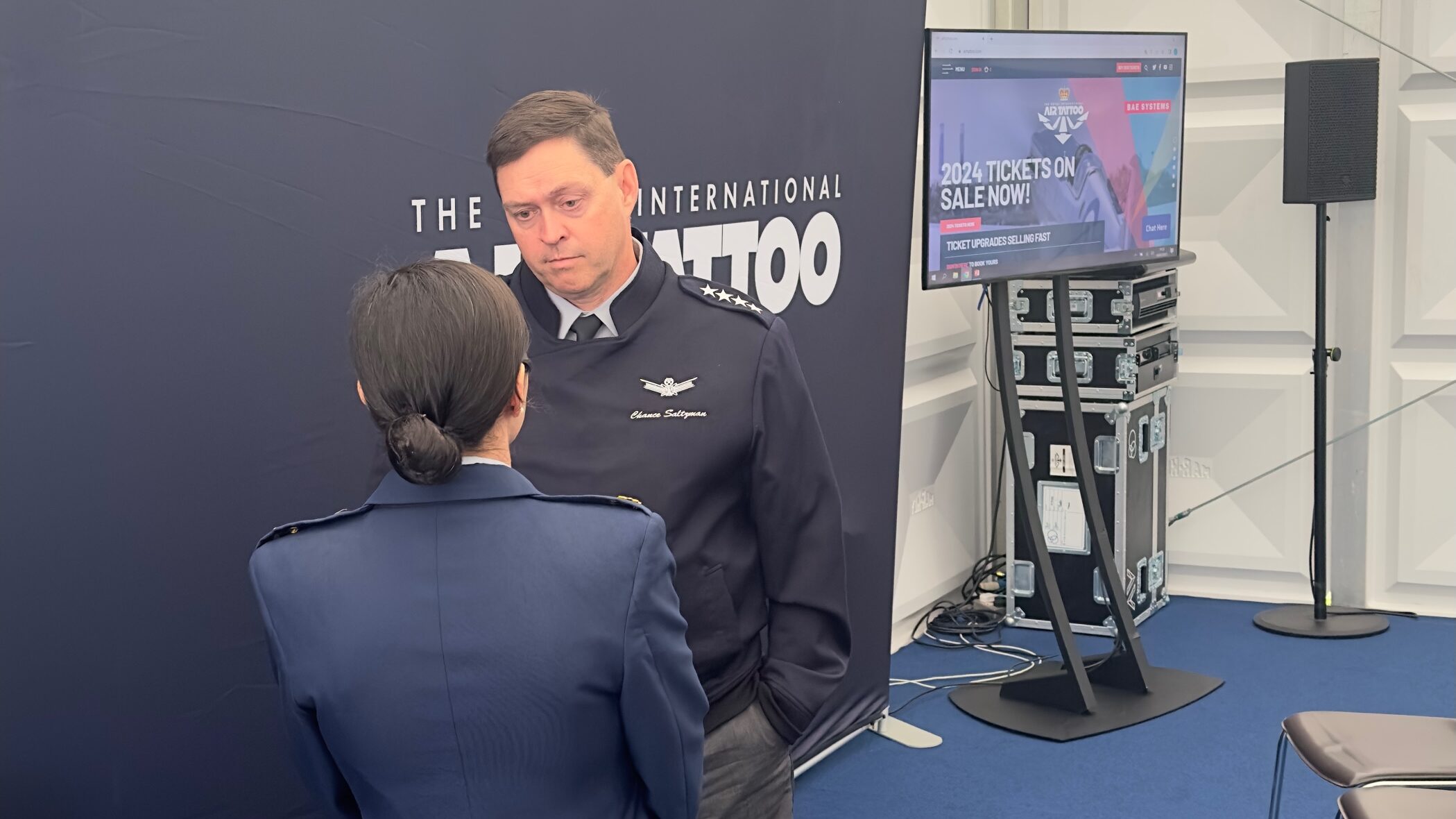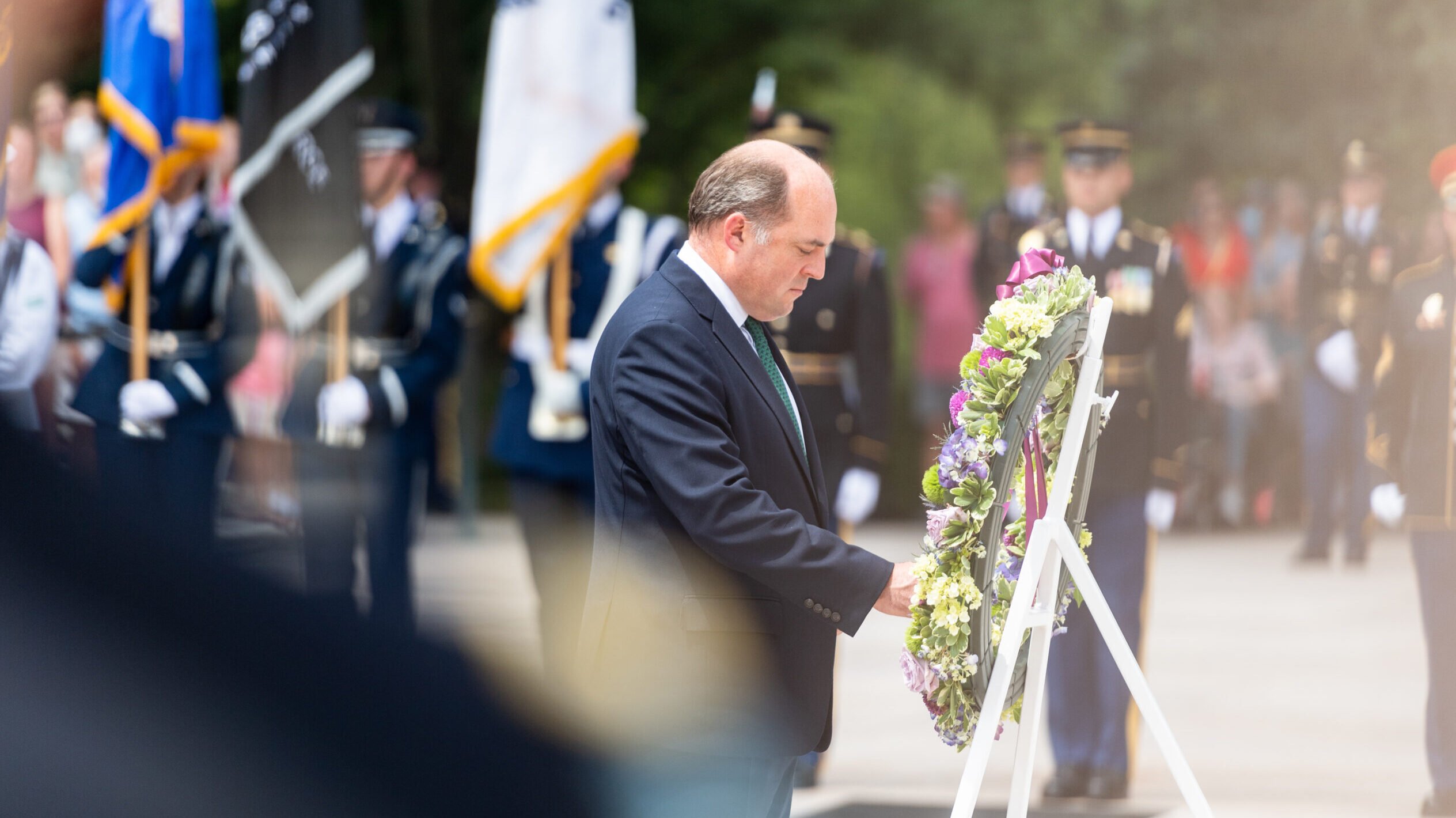
In its new paper, the British Ministry of Defence is “trying to make a virtue of fundamental and structural weaknesses” associated with spending and equipment problems, analyst Joshua Huminski told Breaking Defense.
By Tim Martin
Under the new plans, the MoD also vowed to become a “science and technology superpower” by enhancing robotics, human augmentation and directed energy weapons capabilities.
By Tim Martin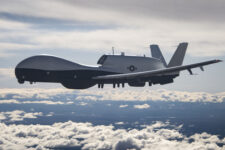
Nations looking for the most advanced technologies in air and missile defense, ISR, and systems integration have a trusted partner in Northrop Grumman.
By Breaking Defense
Leonardo UK and 2Excel recently won a $150 million contract for the converted 757 aircraft to be packed with tech.
By Andrew White
“The destruction of a satellite may not have that same public effect as a missile attack into a civilian population, but from a military standpoint, you’ve still definitely created an act of war,” said Gen. Chance Saltzman.
By Tim Martin
Though the UK will get three planes instead of five, the procurement report estimates that the E-7 program will cost $2.5 billion, only marginally less costly than the $2.7 billion agreed in the original order.
By Tim Martin
“We haven’t seen training requirements and there’s a whole plethora of different chapters that are yet to come, but the MoD has been as good as they can be in drip feeding us information,” said Lenny Brown, Managing Director of Airbus Helicopters UK
By Tim Martin
Wallace has led the British defense ministry since July 2019.
By Aaron Mehta
“I think it’s a richness of our collective response that we are able to develop what might appear on the surface to be competitive solutions, whether that’s F-35, NGAD, the Franco German cooperation, or our program,” said Richard Berthon, the UK Ministry of Defence’s Director of Future Combat Air.
By Andrew White
The leap to quantum tech will be a “tank versus cavalry, machine guns versus humans moment,” said UK’s Minister of State for the Armed Forces, James Heappey.
By Andrew White









